
PRODUCTS
28-08-2020 di redazione

It is a spice native to the Indian sub-continent, present on the African coasts of the Indian Ocean already in 1300 and brought to Europe by the English in the past centuries. Its name is turmeric (in Sanskrit "interesting land"), but it is better known as turmeric.
It comes from a herbaceous plant of the Zinziberaceae family.
From the properly processed roots we obtain a very intense orange-yellow powder (similar to ginger) that is part of the spices that make up the curry.
For over 2000 years it has been used not only in cooking, but also as an ornament and cosmetic. It is also appreciated for its beneficial effects on health.
Turmeric is one of the basic ingredients of Asian cuisine: it is obtained from the herbaceous yellow ochre plant of the same name and has been widely used in India for more than 5 thousand years. It is also called indie saffron because of its area of origin and has many properties and benefits ranging from use as a colorant to medicine, in addition to flavoring foods and being one of the basic ingredients of curry.
Turmeric is a true "magic powder".
It contains a compound, curcumin, which is able to perform a very powerful antioxidant action for our body, so much so that numerous studies conducted by various universities and experts have shown that this special protection is also a valuable ally in the fight against cancer in Asian countries, in fact, the incidence of the most common forms of cancer is much lower than the rest of the world and this can also be explained by the use of many spices, including turmeric in food preparations.
Among the properties of turmeric, in addition to the anti-tumor properties, there are also those of control in blood sugar, which makes this spice very effective in the control of type 2 diabetes. Turmeric regulates blood circulation and is very indicated in post-stroke recovery, it is also considered one of the most purifying foods for the body.
Turmeric is also an excellent anti-inflammatory that can also relieve chronic pain, and stimulates the immune system.
Several studies have shown that taking turmeric twice a week helps protect against neurodegenerative diseases such as Alzheimer's disease. It would seem to be the perfect ingredient and many may already be about to add large amounts of it in their food, but turmeric also has contraindications and it is good to know them: you should not exceed the recommended daily doses, between 400 and 800 milligrams, and the side effects are mainly intestinal distractions such as diarrhea, flatulence and nausea.
Those taking anticoagulant drugs should limit the consumption of turmeric, because curcumin can interfere with medicines, increasing the risk of bleeding. People suffering from gallstones should also avoid consuming it too often.
RECIPES
di redazione
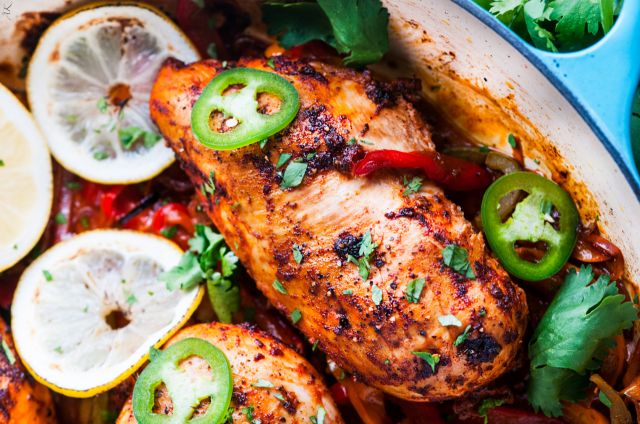
Chicken with spices and lime is a tasty land dish from the Kenyan coast.
The combination of chicken with sweet and sour is a classic in Indo-Eastern cuisine, as is the combination with ginger and turmeric.
It is not uncommon...
RECIPES
di redazione

The Swahili cuisine of Kenya, as we know, is a mixture of the cultures and people who have landed on the coast, and the products of the territory they have learned to use. The example is offered by the use...
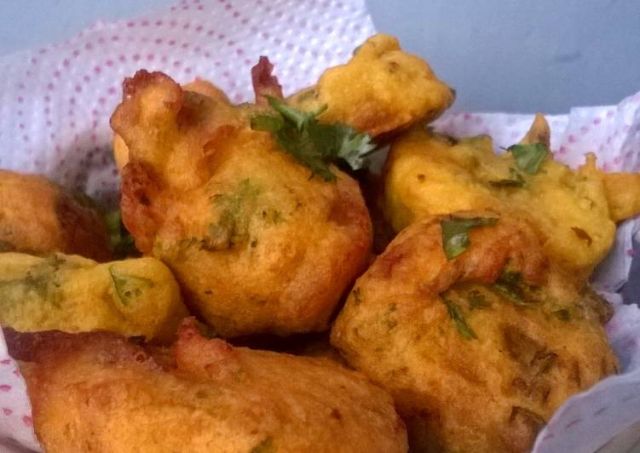
Mixed potatoes with lemon aroma and chili soul are one of the delights of Kenyan coast street food.
They are called "Viazi Karai" and are sold at every street corner, fried on the fly in the wok set up in...
RECIPES
di redazione
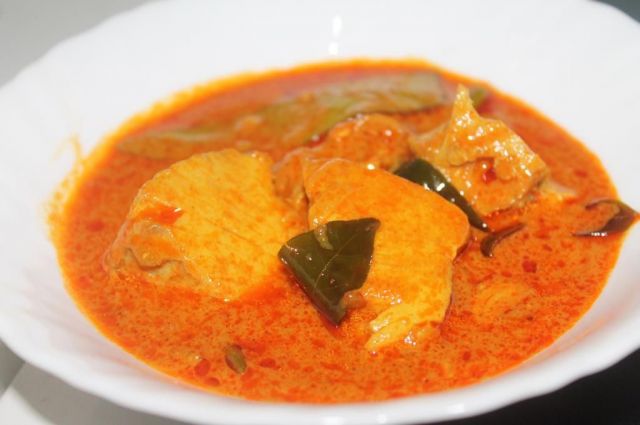
Fish morsels in mango sauce.
This is a Swahili recipe particularly used in Malindi and Watamu and on the coast of Kenya, where the plants of this delicious tropical fruit abound.
Here is for you the recipe of watamukenya.net
RECIPES
di redazione
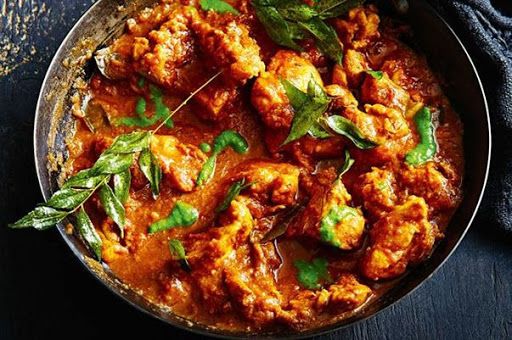
The goodness of free-range chicken in Kenya is no mystery. In most cases it is simply cooked on the grill, but there are dishes of Swahili cuisine that contemplate other pleasant encounters of flavors. One of these is tamarind chicken...
RECIPES
di redazione

RECIPES
di redazione
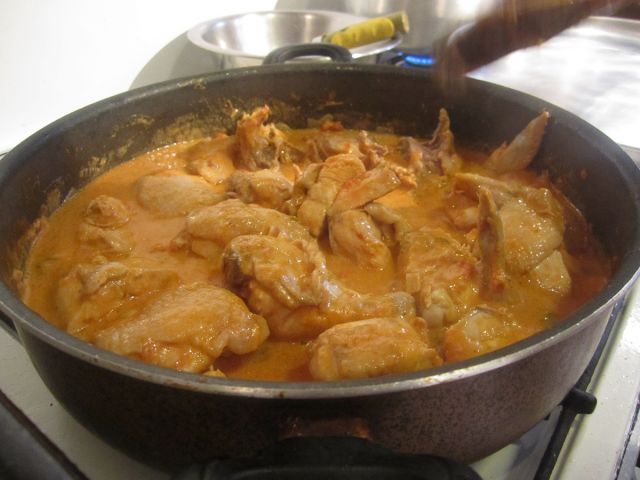
Chicken cooked "alla swahili" suffers, like many dishes of the Kenyan coast, from ancient mixes and suggestions between India, Middle East and other countries that have frequented the Indian Ocean of Africa.
Here is the original recipe for this tasty...

"Samaki wa kupaka ya nazi", literally "Coconut fish cubes" is a dish of the Swahili tradition of Kenya, which uses various spices of ancient Indian origin to give it flavor. A very tasty version includes "madras", the most common one...
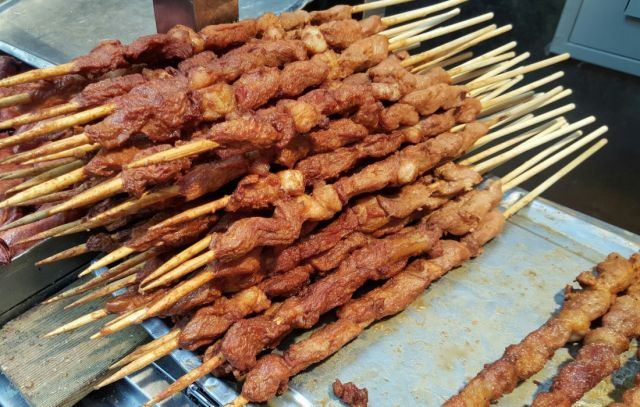
The mshakiki are meat skewers, similar in presentation to the traditional roasts of central Italy.
They can be beef, chicken or kid and ideal, before preparation, is the maturation of the meat in the fridge and marinating with oil, salt,...
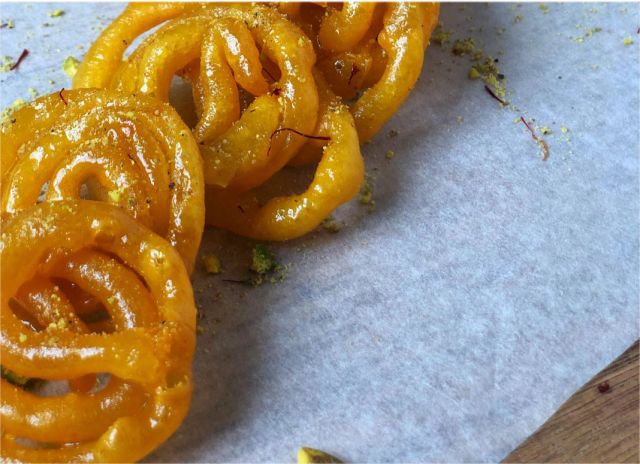
In the 13th century recipe book "Kitab al tabeek", the writer Muhammad Bin Hassan Bhagdadi, whose original manuscript is still kept in
RECIPES
di redazione

The "matoke" or "matoki" are green bananas, also known as plane tree, not excessively sweet, which also in Kenya, as in most of Africa, have various utilizations. Besides flour and bread, they are used as potatoes in stews.
HERE IS...
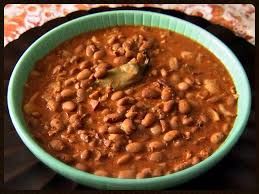
Coconut beans (maharagwe za nazi) are a poor but tasty and energetic dish of the tradition of the ethnic mijikenda that populates the Kenyan coast.
Depending on who prepares it, tastes and abundance of beans, it can be cooked as...
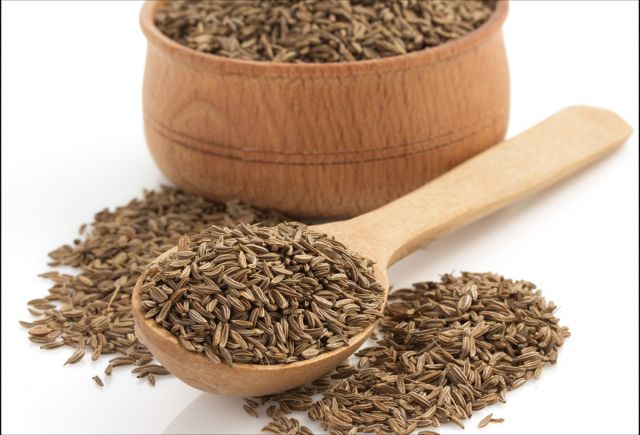
Cumin is one of the most popular spices in the world and grows on all continents.
It comes from a herbaceous plant (Cuminum cyminum) with leaves as long as 10 cm and arranged in a comb, which has very ancient...
PRODUCTS
di redazione

The silver cyprinid is a small freshwater fish with a silvery colour and lustre that can grow to a maximum length of 9 cm.
Also known as the Lake Victoria sardine, in Kenya it is called...